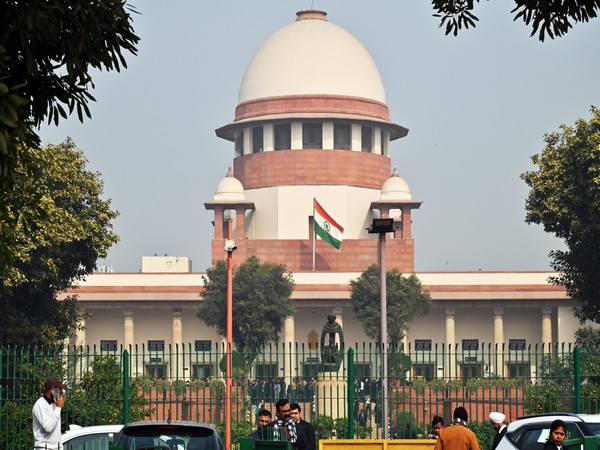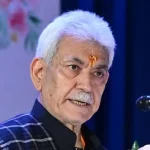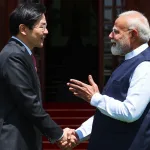The Supreme Court on Monday adjourned the hearing of pleas filed challenging the validity Places of Worship (Special Provisions) Act 1991, which preserves the character of religious places as they existed on August 15, 1947.
A bench of Chief Justice of India Sanjiv Khanna and Justice PV Sanjay Kumar told the advocates appearing in the case that it is a three-judge bench matter whereas the sitting bench was a two-judge combination so it would be heard some other day.
The CJI also took exception to many intervention applications being filed in the case and said there should be a limit to such applications.
“We will not take up the Places of Worship Act matter today. It is a three-judges matter. Too many petitions filed. List sometime in March. There is a limit to interventions being filed,” said the CJI.
Indian National Congress Party, CPI(ML), All India Majlis-e-Ittehad-ul-Muslimeen (AIMIM) head Asaduddin Owaisi, Jamiat Ulama-I-Hind, India Muslim Personal Law Board, Committee of Management Anjuman Intezamia Masjid which manages the mosque in the Gyanvapi complex, Shahi Idgah mosque committee of Mathura — among others filed applications in the top court against the petitions challenging the validity of certain provisions of a 1991 law.
They challenged the petitions filed by some Hindu petitioners saying that entertaining the pleas against the Act will open floodgates of litigations against countless mosques across India. Filing intervention application in the case they sought dismissal of pleas challenging the Places of Worship Act.
The apex court is seized of several petitions pertaining to challenge to the Act and strict implementation of the Act. The petitions had challenged the constitutional validity of Sections 2, 3, 4 of the Places of Worship (Special Provisions) Act 1991, which it said violates the principles of secularism and the rule of law, which is an integral part of the Preamble and the basic structure of the Constitution.
The sections violated several fundamental rights including the right to equality and freedom to practice religion, said the pleas.
The Places of Worship Act prohibits altering the religious nature of any place of worship and imposes strict penalties for violations.
On December 12, the top court restrained all courts across the country from passing any effective interim or final order including orders of survey in pending suits against existing religious structures.
It also ordered that no fresh suits be registered over such claims while the court is hearing pleas challenging the Places of Worship (Special Provisions) Act, 1991.
Daughter of the Kashi Royal Family, Maharaja Kumari Krishna Priya; BJP leader Subramanian Swamy; Chintamani Malviya, former Member of Parliament; Anil Kabotra, a retired army officer; advocates Chandra Shekhar; Rudra Vikram Singh, resident of Varanasi; Swami Jeetendranand Saraswati, a religious leader; Devkinandan Thakur Ji, resident of Mathura and a religious guru and advocate Ashwini Upadhyay among others have filed the pleas in the apex court against the 1991 Act.
The pleas challenged the Places of Worship Act saying that the Act takes away the rights of Hindus, Jains, Buddhists, and Sikhs to restore their ‘places of worship and pilgrimages’, destroyed by invaders.
Pleas of Hindu petitioners challenging the 1991 Act stated, “The Act excludes the birthplace of Lord Rama but includes the birthplace of Lord Krishna, though both are the incarnation of Lord Vishnu, the creator and equally worshiped all over the world.”
The pleas said that the Act has taken away the right to approach the Court and thus right to judicial remedy has been closed. (ANI)








